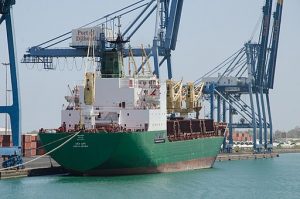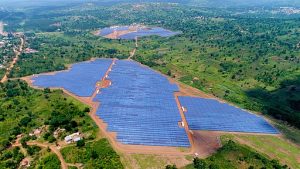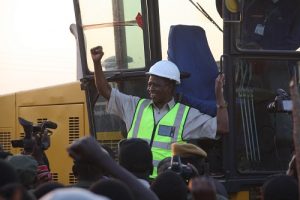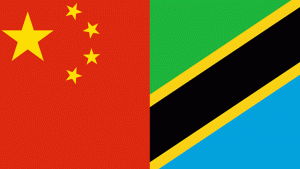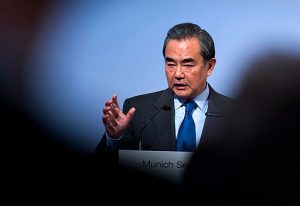New chapter, co-authored with Ian Taylor, in Africa and the Global System of Capital Accumulation, edited by Emmanuel O. Oritsejafor and Allan D. Cooper
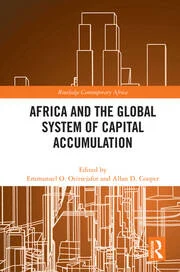
Abstract
Instead of expediting “Africa’s transformation”, as suggested by the Programme for Infrastructure Development in Africa (PIDA) of the African Union (AU) (PIDA, n.d.), this chapter argues that the recent upsurge in infrastructure development has reinforced the continent’s dependency on external actors and fosters patterns of accumulation by dispossession. We are helped by David Harvey’s theory of spatio-temporal fixes and the key functions it attributes to infrastructure and debt in the global system of capital accumulation. The chapter proceeds in four stages. The chapter first briefly recounts Harvey’s concepts of the spatio-temporal fix and accumulation by dispossession. In a second step, we contextualize Africa’s recent infrastructure boom and situate it against the wider saga of “Africa rising.” The third part of the chapter scrutinizes China’s rise as the continent’s new “infrastructure giant” and problematizes particularities of the “Chinese infrastructural fix” in Africa. The chapter then concludes by extrapolating some trends that we believe will become increasingly relevant in Africa’s infrastructure sector and that underline the enduring function of infrastructure as “means of dispossession” (Cowen 2017).

